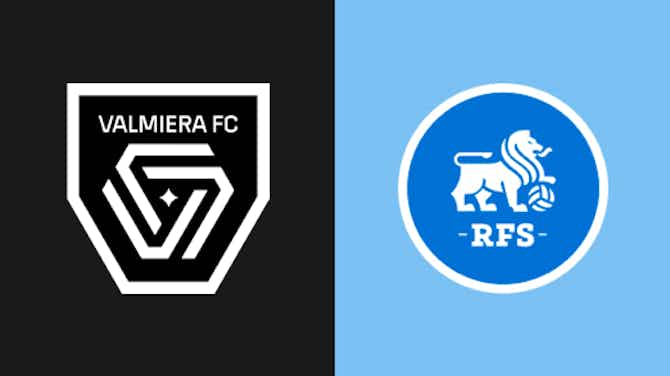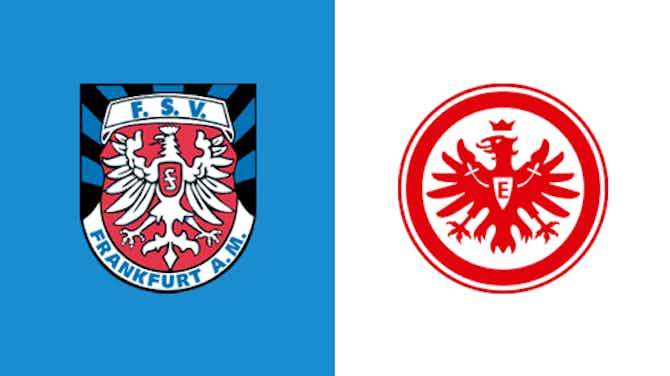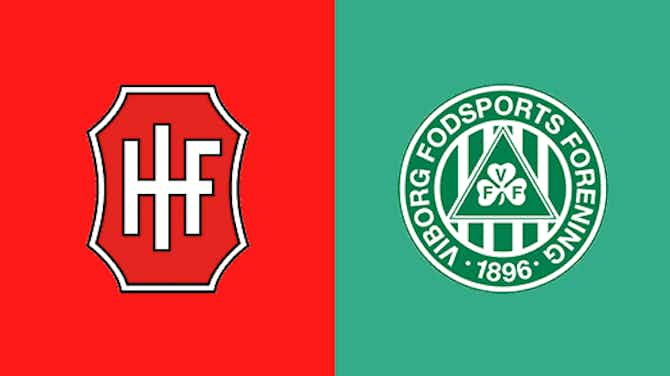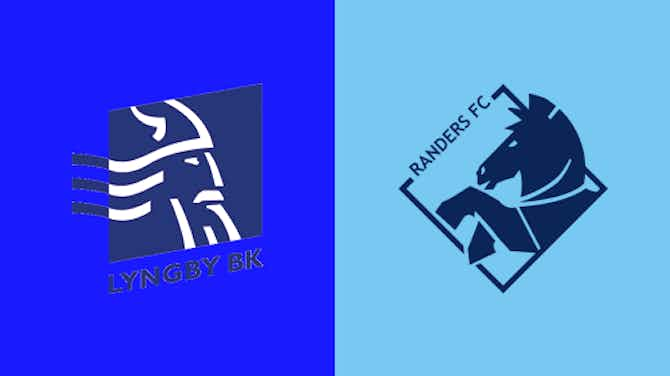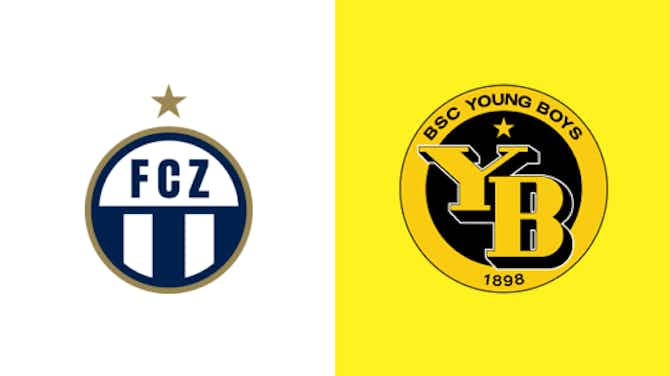Get French Football News
·7 February 2023
Super League promoter: “UEFA is resistant to change and to new ideas.”
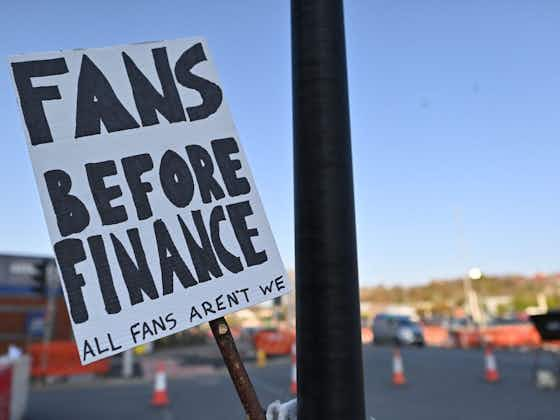
Get French Football News
·7 February 2023

Super League promoter and A22 Sports Management CEO Bernd Reichart has given a wide-ranging interview to L’Equipe. According to him, the Super League is still in the works and A22 are working tirelessly to make proposals that can resolve the game’s current issues such as the sporting unbalance and the financial instability that plague football clubs. “We should be allowed, without threat or fear of being punished, to make those proposals, states the German executive. UEFA is resistant to change and to new ideas.” Reichart adds that UEFA controls an activity with neither competition nor entrepreneurial risks and that it benefits from a significant influence, up to the political level.
An initial legal opinion from the Court of Justice of the European Union’s general counsel in December indicated that the governing bodies were within their rights to impose sanctions to rogue clubs, namely Real Madrid, FC Barcelona and Juventus, following the failed Super League project in 2021. But Reichart has a different opinion and reading of the assessment. “According to the general counsel, UEFA has an obligation to assess and authorise new competitions. It doesn’t do that. It cannot discriminate against them just to promote its own competition. The A22 Sports Management CEO believes that the authorisation to enter the market cannot be granted by the organisation which both regulates and holds the market’s monopoly and should therefore be in the hands of a third party.
According to Reichart, the “Super League V2” won’t feature permanent members. “It will be an open competition, based on merit, compatible with the national leagues and played on days of current European tournaments. It will be managed by the clubs and with much stricter FFP measures.” The Super League deciders believe the format would be well received by clubs who also believe that trickle-down economics in football have not worked. In this sense, clubs would also have a strict salary cap – wage bills cannot be more than 55% of the budget, while other FFP-oriented measures could be introduced. The overall aim of the Super League would be to counter growing financial gulf between Premier League and state-owned clubs with the rest of the continent. A final judgement from the Court of Justice of the European Union is expected this spring.
GFFN | Bastien Cheval


Live








